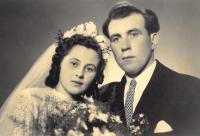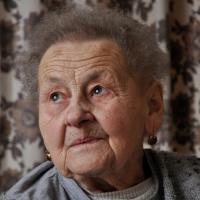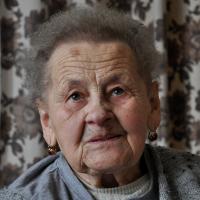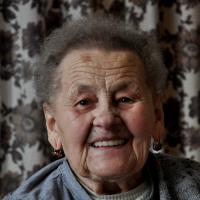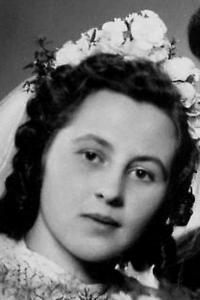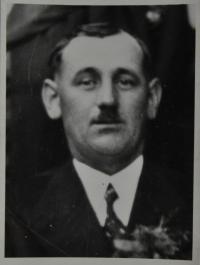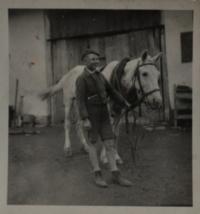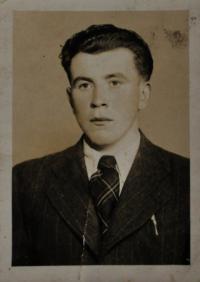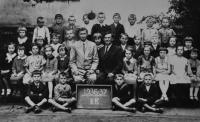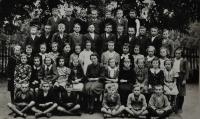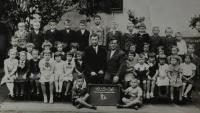The main thing is for husband and wife to understand each other. They can’t have one go gee, the other haw

Download image
Danuše Ulmannová, née Gelnarová, was born on 1 April 1928 into a farmer family in Polanka nad Odrou, near Ostrava. Her father rode and worked with horses, her mother tended to cattle, and Danuše grew up in a traditional rural environment of the first period of the Czechoslovak Republic, surrounded by children from farmer, craftsman, and worker families. In September 1938 she witnessed the mobilisation of the Czechoslovak army. In 1942 to 1943, during the German resettlement of the Sudetes, the German occupants confiscated the families fields, cattle, and horses. The authorities awarded the property to ethnic Germans who had probably been moved in from South Tyrol in Austria. The farm buildings of the family estate were then turned into the municipal breeding station for cattle. In April 1945 Danuše Gelnarová witnessed the liberation of Polanka nad Odrou by units of the Red Army. In November 1948 she married the local farmer Břetislav Ulmann; in the 1950s they faced increasing pressure to join the local agricultural cooperative, which they caved in to in 1957. Until her retirement in 1985 Danuše Ulmannová worked at the cooperative, first tending to pigs, later as a cook and as manager of the co-op canteen.
